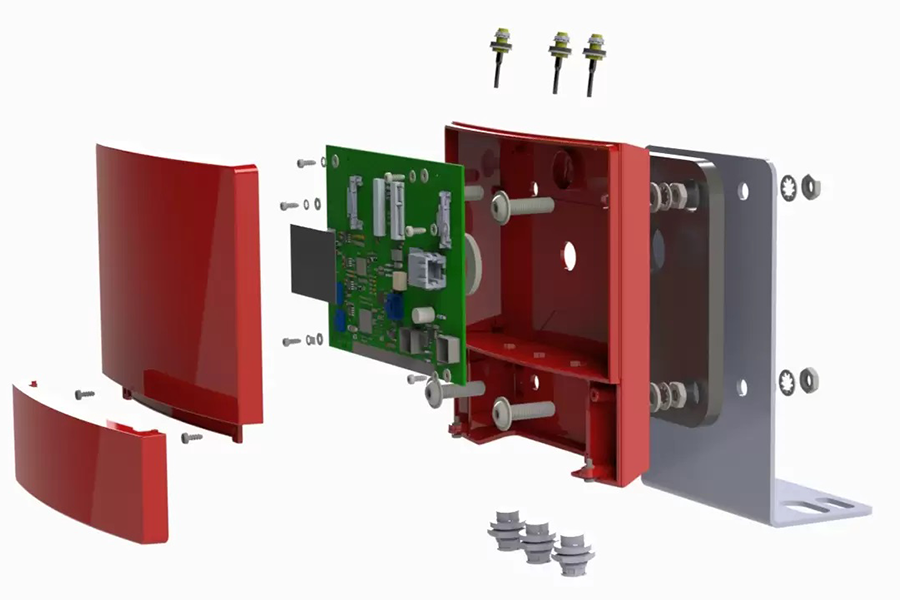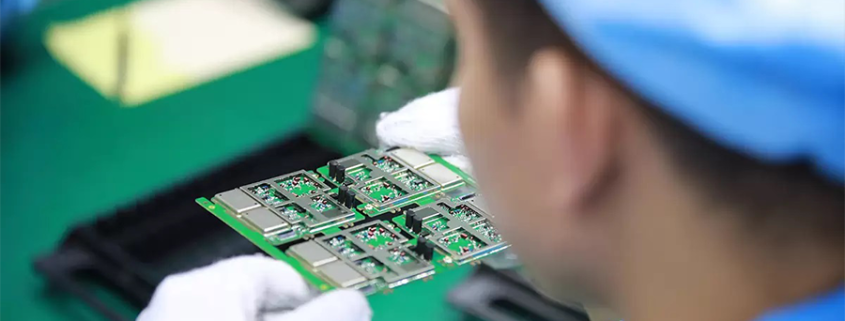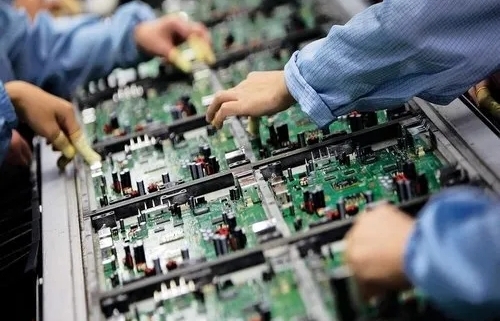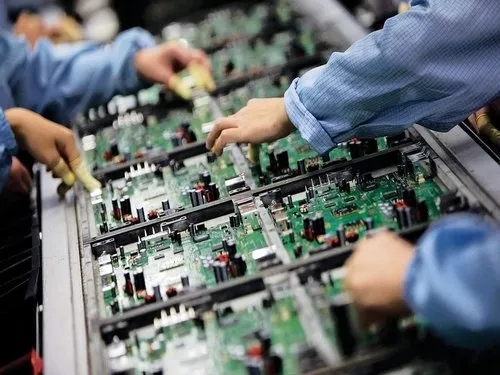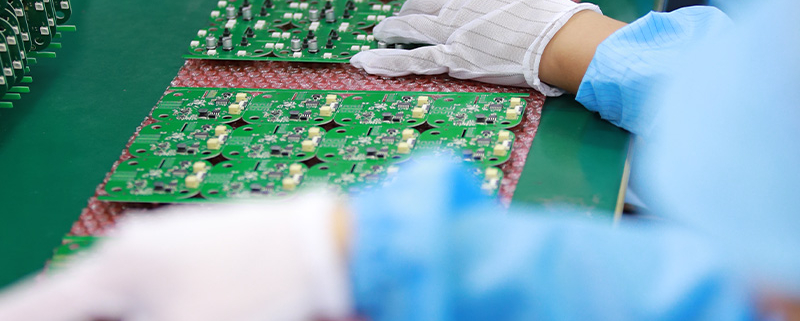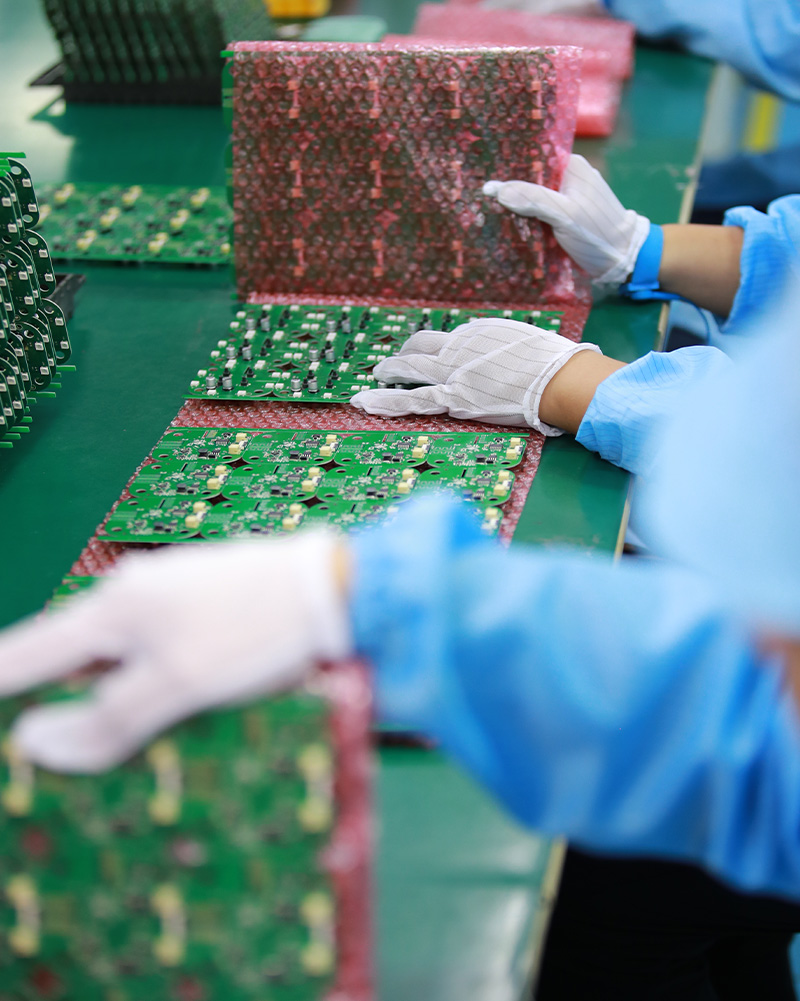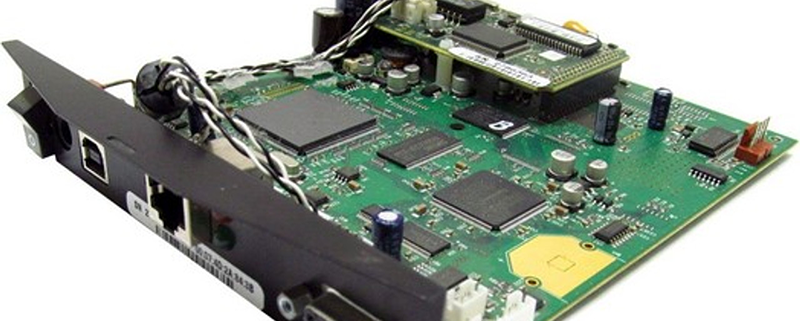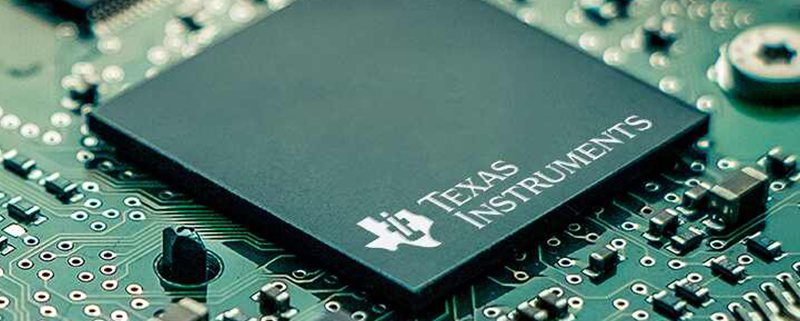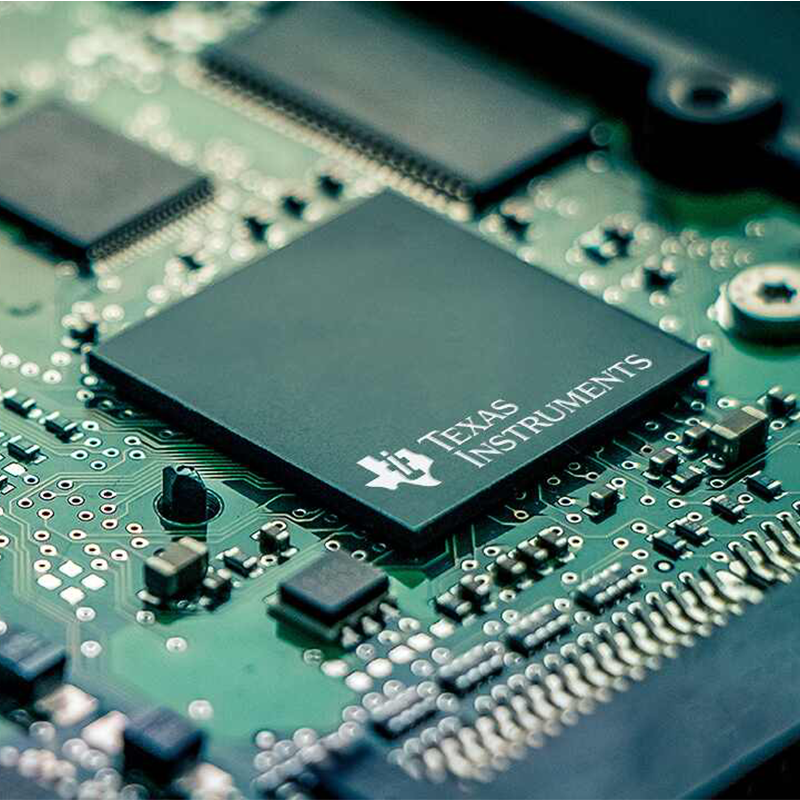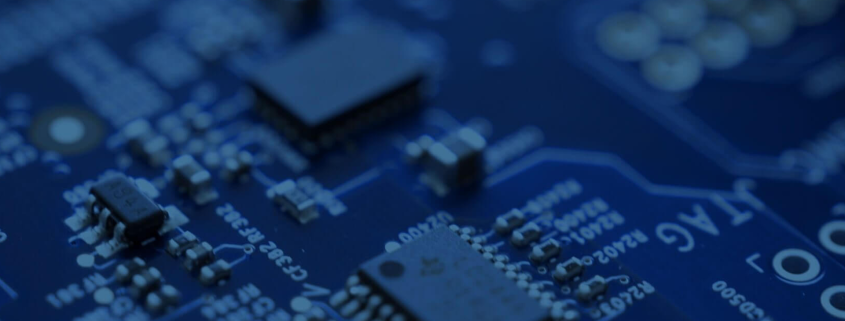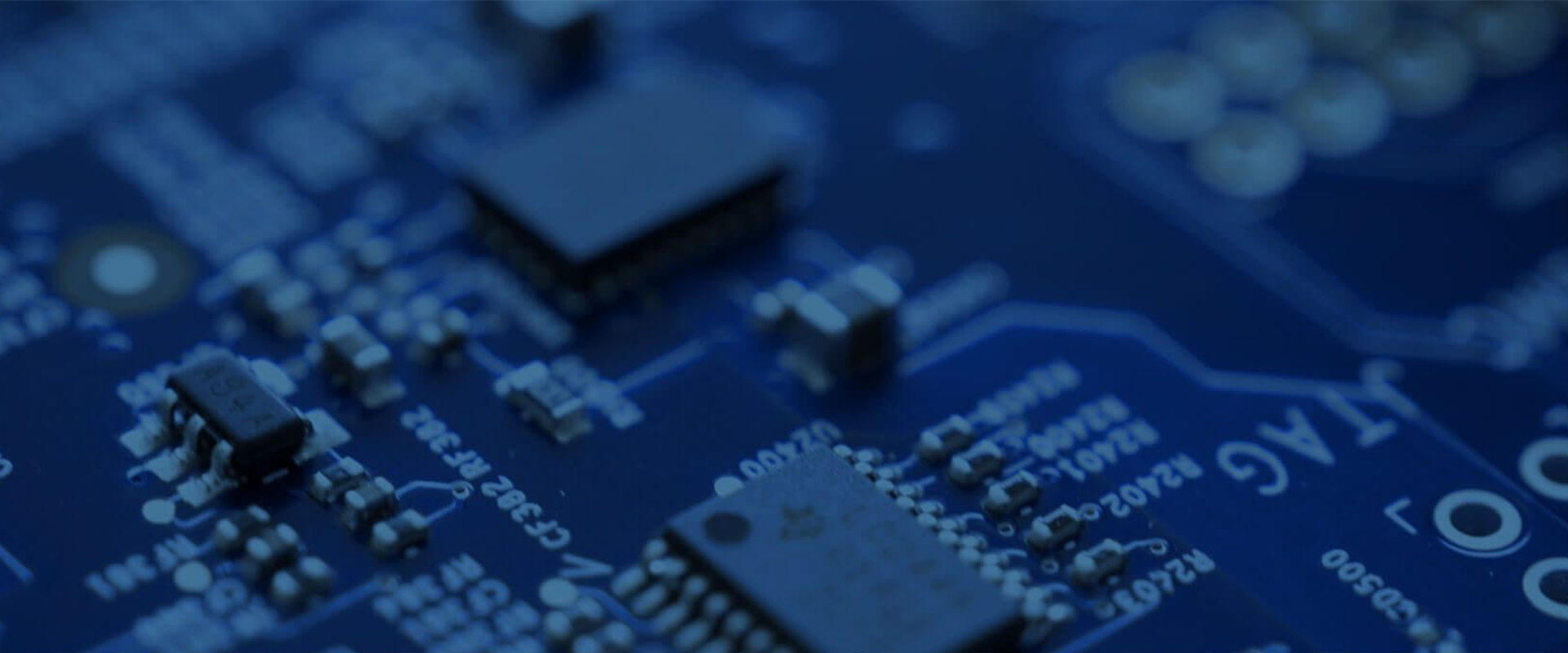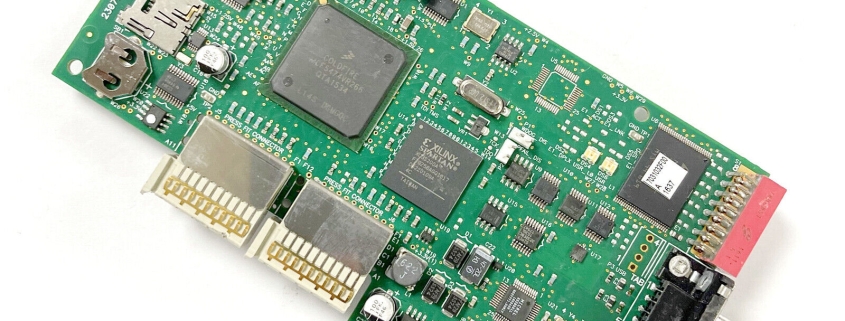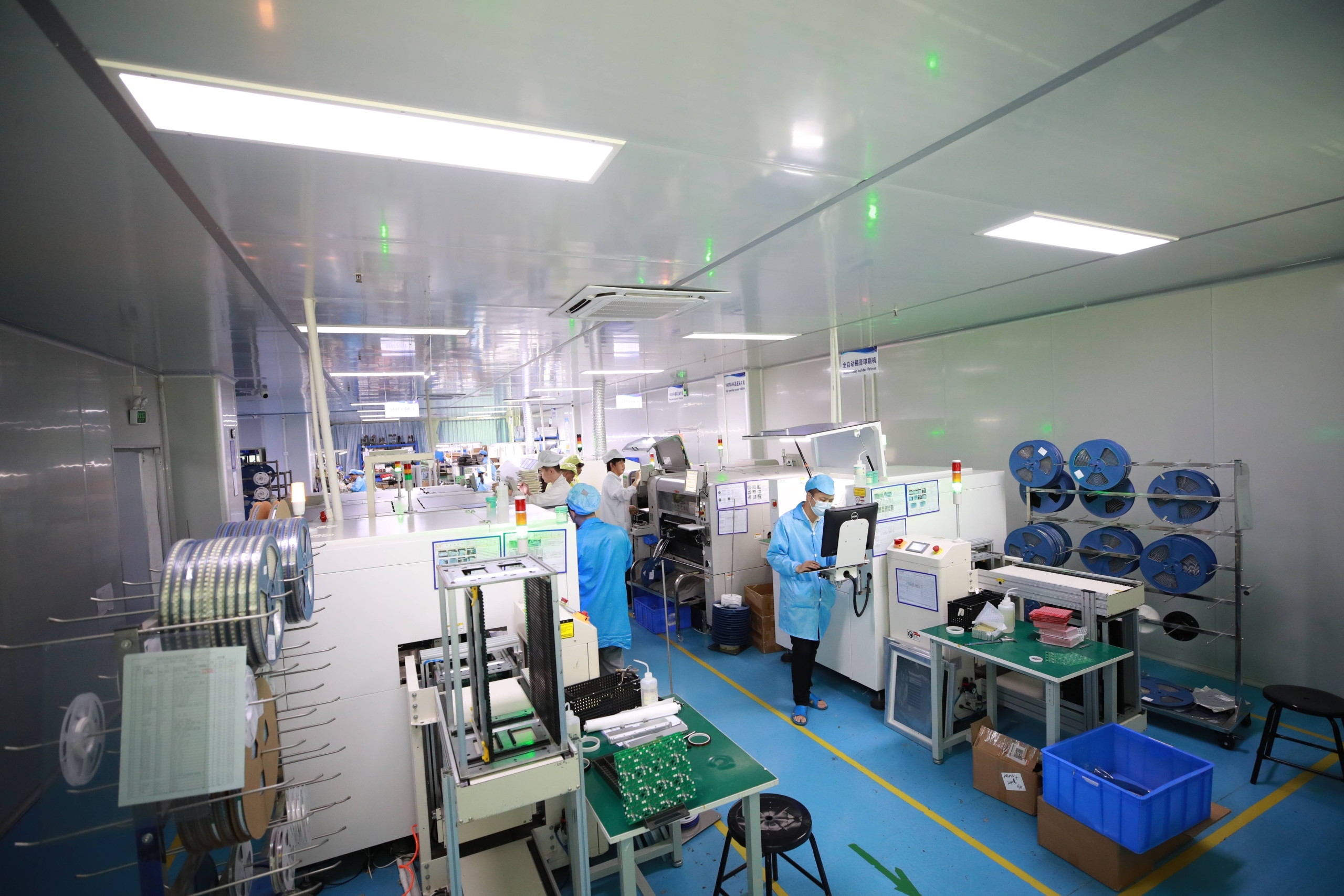Quali sono le tendenze principali della miniaturizzazione dei PCB?
Una delle tendenze più significative nella progettazione di PCB è la spinta verso la miniaturizzazione. Man mano che i dispositivi elettronici diventano più compatti, la richiesta di PCB più piccoli ma altamente efficienti continua a crescere. MTI, uno dei principali produttori di assemblaggi di PCB, ha visto crescere l'attenzione per la progettazione di PCB in grado di supportare funzionalità complesse in un fattore di forma ridotto. Grazie ai progressi nella produzione e nella R&S, MTI è in grado di produrre schede multistrato con componenti a passo fine, essenziali per dispositivi come smartphone, indossabili e gadget IoT. Questa tendenza non solo migliora le prestazioni in termini di costi, ma apre anche nuove opportunità per l'innovazione dei prodotti in settori quali l'elettronica di consumo e i dispositivi medici.
La miniaturizzazione comporta anche l'uso di materiali e tecnologie avanzate, come i PCB ad alta densità di interconnessione (HDI) e i circuiti flessibili, che consentono di inserire un maggior numero di componenti in uno spazio ridotto. MTI sfrutta la sua esperienza nei servizi OEM/ODM per fornire progetti di PCB personalizzati in linea con le ultime tendenze della miniaturizzazione, garantendo ai clienti di rimanere competitivi nei rispettivi mercati.
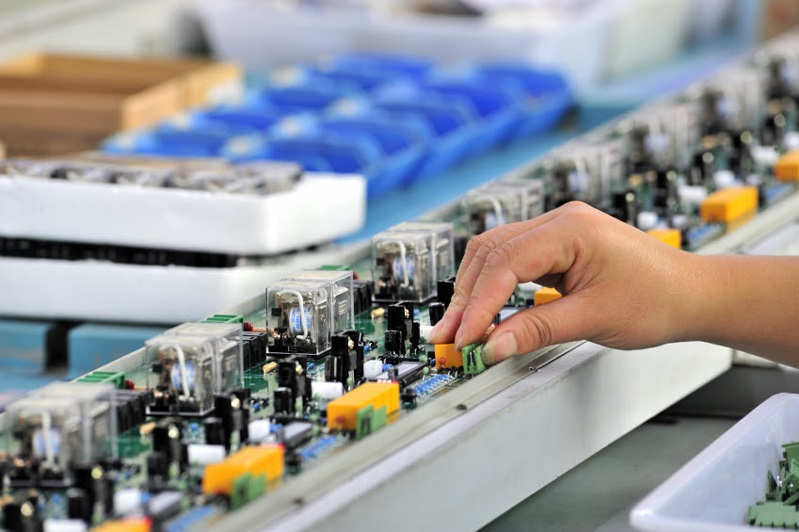
In che modo i PCB ad alta velocità stanno plasmando il futuro della tecnologia?
Un'altra tendenza degna di nota nella progettazione dei PCB è l'aumento dei PCB ad alta velocità, che sono essenziali per gestire l'aumento della velocità di trasmissione dei dati richiesta dai dispositivi moderni. Con l'evoluzione di tecnologie come il 5G, l'intelligenza artificiale e i sistemi autonomi, la necessità di PCB in grado di supportare segnali ad alta frequenza senza perdite di segnale o interferenze è diventata fondamentale. Le avanzate capacità di assemblaggio dei PCB di MTI consentono di produrre PCB ad alta velocità che soddisfano i più severi requisiti di integrità del segnale, rendendoli adatti ad applicazioni nei settori delle telecomunicazioni, dell'automotive e dell'informatica.
La progettazione di PCB ad alta velocità si concentra sulla riduzione delle interferenze elettromagnetiche (EMI) e del cross-talk tra i segnali, che possono degradare le prestazioni nelle applicazioni ad alta intensità di dati. I team di ricerca e sviluppo e di progettazione di MTI impiegano tecniche innovative come l'instradamento a impedenza controllata, l'instradamento a coppia differenziale e l'uso di materiali ad alta frequenza per garantire che i loro PCB siano in grado di gestire le esigenze delle tecnologie di prossima generazione. Questa tendenza non solo migliora l'efficienza dei dispositivi elettronici, ma offre anche un vantaggio alle aziende che vogliono essere leader nello sviluppo di prodotti all'avanguardia.
I vantaggi di seguire le tendenze di progettazione dei PCB con MTI
Rimanere aggiornati sulle ultime tendenze nella progettazione di PCB offre un vantaggio significativo alle aziende che cercano di migliorare la propria offerta di prodotti. L'esperienza di MTI nella miniaturizzazione e nei circuiti stampati ad alta velocità garantisce ai clienti soluzioni ad alte prestazioni ed economicamente vantaggiose, adatte alle loro specifiche esigenze. Collaborando con MTI, le aziende hanno accesso alle più recenti innovazioni di progettazione, migliorando la competitività dei loro prodotti sul mercato.
Per i partner OEM/ODM, i distributori e gli agenti, l'attenzione di MTI per la progettazione e la produzione orientata alle tendenze assicura che siano sempre all'avanguardia. Grazie alla tecnologia all'avanguardia e all'impegno di MTI per la qualità, i clienti possono beneficiare di circuiti stampati che non solo soddisfano gli attuali standard industriali, ma sono anche a prova di futuro per supportare i progressi tecnologici emergenti.
Conclusione
Le ultime tendenze nella progettazione dei PCB, tra cui la miniaturizzazione e i PCB ad alta velocità, stanno plasmando il futuro della produzione elettronica. MTI, leader nell'assemblaggio di PCB, è all'avanguardia in queste tendenze e offre soluzioni innovative di progettazione e produzione. Abbracciando questi progressi, MTI fornisce ai clienti PCB di alta qualità, orientati alle tendenze, che migliorano le prestazioni e assicurano una produzione economicamente vantaggiosa, rendendola un partner affidabile in un panorama tecnologico in rapida evoluzione.
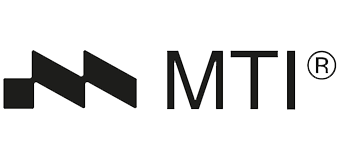
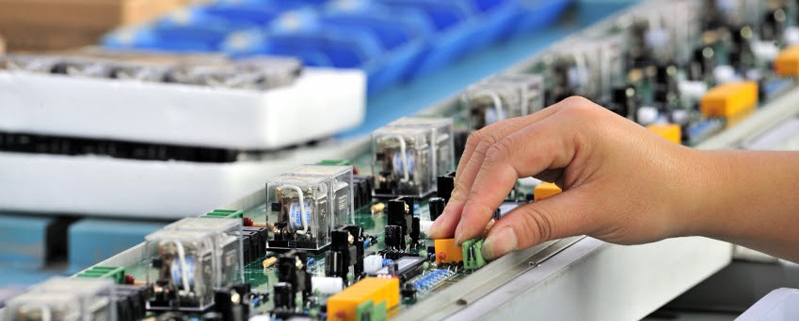
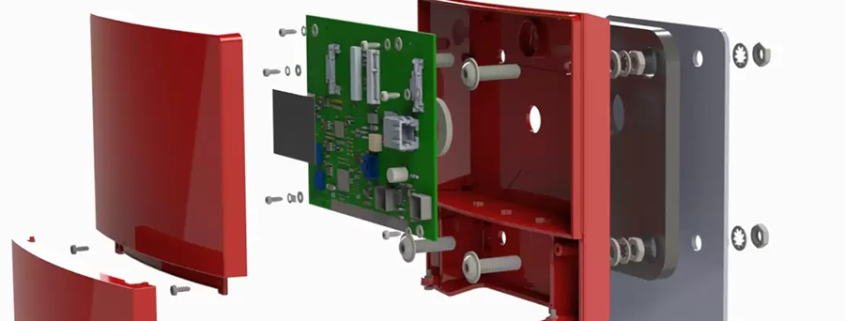 Costruzione di scatole
Costruzione di scatole